Standards and Certifications Required for Power Batteries
With the rapid development of electric vehicles and energy storage systems, the quality and safety of power batteries have attracted much attention. In order to ensure the quality and safety of power batteries, a series of standards and certification requirements have been formulated. This article will introduce power Battery the main standards and certifications that need to be met.
I. INTRODUCTION to standards and certification
-
GB/T 31467-2015 specification for lithium-ion power batteries for power battery packs and systems
this standard specifies the terms and definitions, classification, requirements, test methods, signs, packaging, transportation and storage of lithium ion power batteries for power battery packages and systems. -
QC/T 743-2017 technical specification for power battery use a battery management system
this standard specifies the terms and definitions, classification, requirements, test methods, signs, packaging, transportation and storage of power battery use a battery management system. -
GB 8897.2-2005 battery for road vehicles Part 2: Power Battery
this standard specifies the terms and definitions, classification, requirements, test methods, signs, packaging, transportation and storage of power batteries for road vehicles. -
CE certification
CE certification refers to the certification required for products that meet the EU product safety directive, including the requirements for product safety, health and environmental protection. -
UN38.3 certification
UN38.3 certification is an internationally common safety certification requirement for power battery transportation, which mainly ensures the safety of power battery during transportation. -
IEC 62619 certification
IEC 62619 certification is the certification standard for the safety and performance of power batteries formulated by the International Electrotechnical Commission (IEC). -
UL 2580 certification
UL 2580 certification is the certification standard for the safety and performance of power batteries formulated by UL company in the United States.
II. Importance of standards and certification
as energy storage equipment, the quality and safety of power batteries are directly related to the safety and reliability of electric vehicles and energy storage systems. Therefore, it is very important to comply with relevant standards and certification.
The formulation and compliance of these standards and certifications can ensure the safety of power batteries in the process of design, manufacture, transportation and use, and prevent safety accidents caused by battery quality problems. At the same time, power batteries that meet the standards and certification are more easily recognized by the international market, which is conducive to the export of products and international cooperation.
III. Responsibility of power battery manufacturers
as a power battery manufacturer, it is its duty to strictly abide by various standards and certification requirements. Manufacturers should strengthen the management of product quality and safety, establish a sound quality control system, and ensure that the products meet various standards and certification requirements.
In addition, power battery manufacturers should also actively participate in the revision and improvement of standards, cooperate with industry associations, research institutions, etc. to jointly promote the healthy development of the power battery industry.
As the key component of electric vehicle and energy storage system, the quality and safety of power battery are very important. Compliance with relevant standards and certification is an important means to ensure the quality and safety of power batteries, and is also the responsibility of power battery manufacturers. It is hoped that more manufacturers and relevant institutions will work together to promote the sustainable development of the power battery industry in the future.
 Dongguan Juneng New Energy Technology Co., Ltd.
Dongguan Juneng New Energy Technology Co., Ltd.
 137 5142 6524(Miss Gao)
137 5142 6524(Miss Gao)
 susiegao@power-ing.com
susiegao@power-ing.com
 Xinghuiyuan High tech Industrial Park, Dalang Town, Dongguan City, Guangdong Province
Xinghuiyuan High tech Industrial Park, Dalang Town, Dongguan City, Guangdong Province


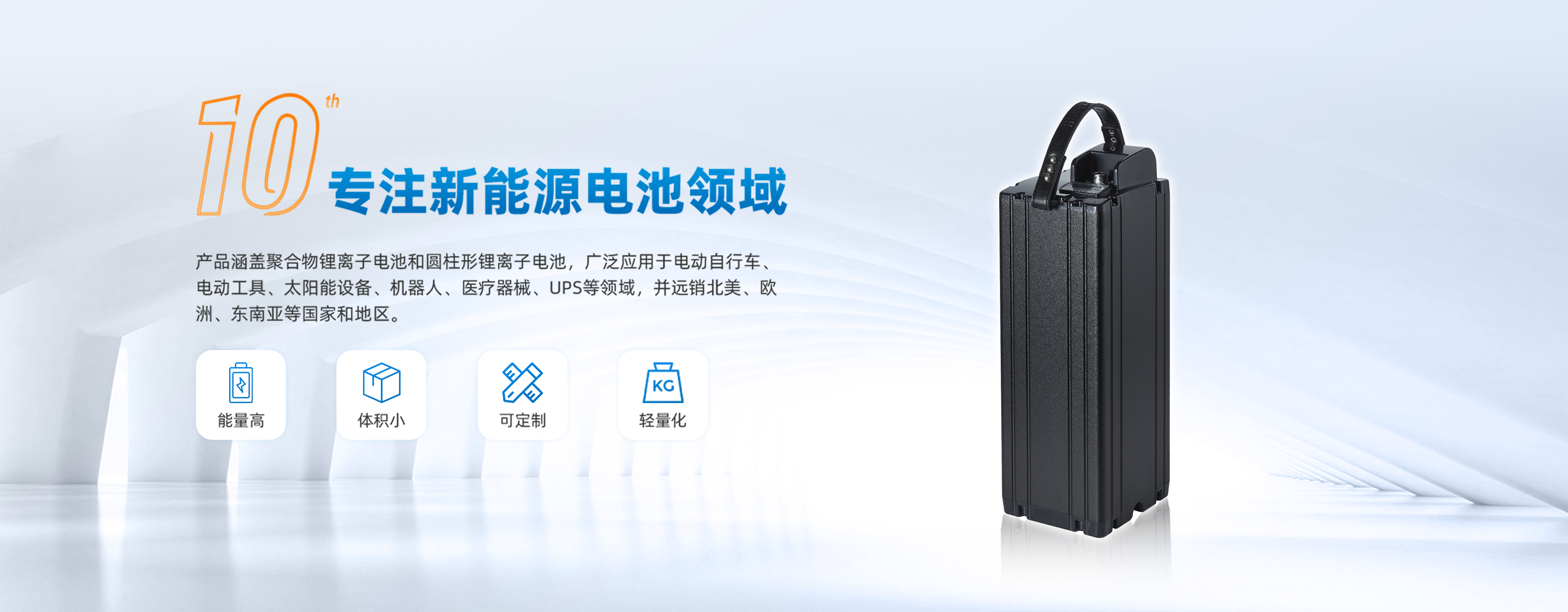
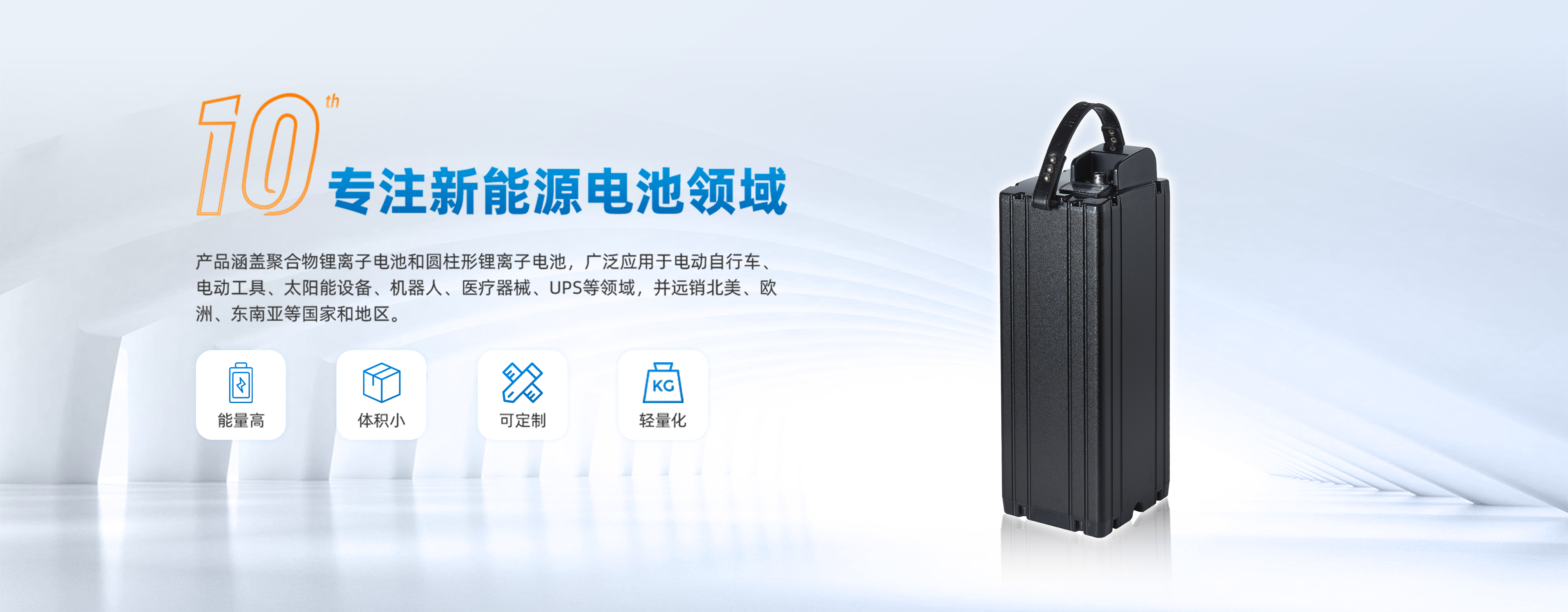
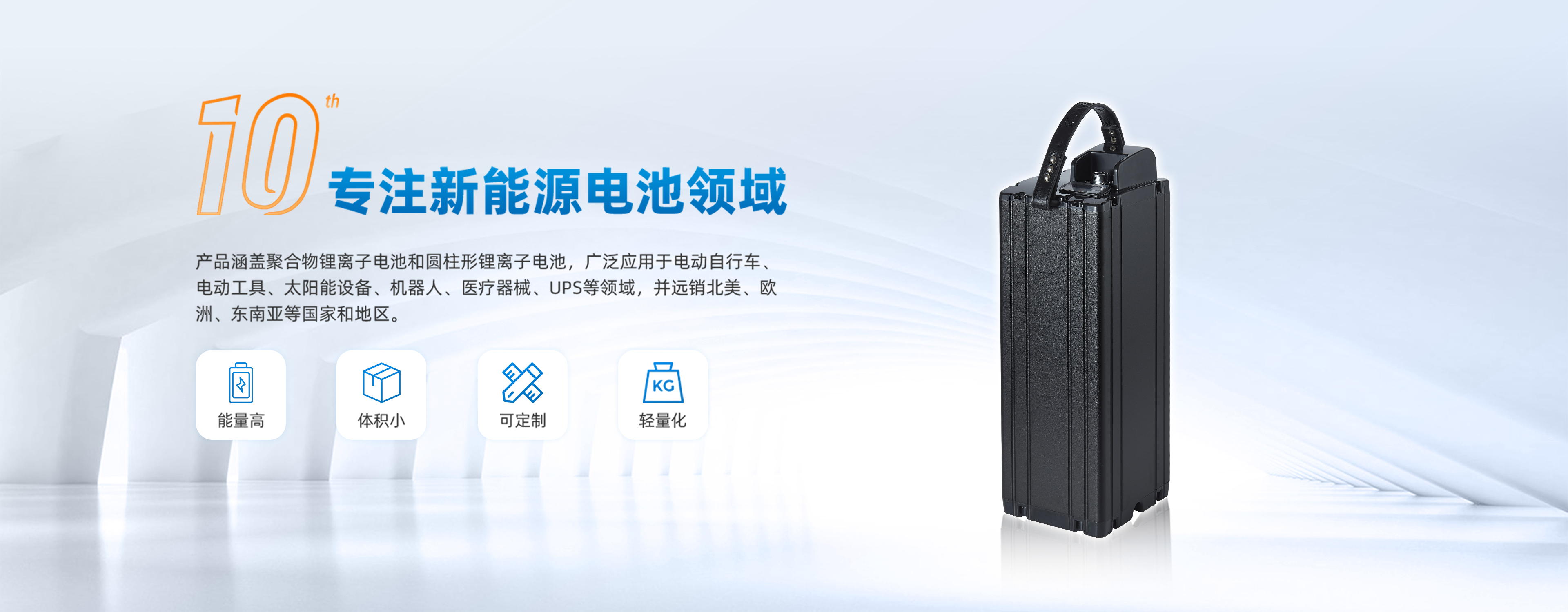



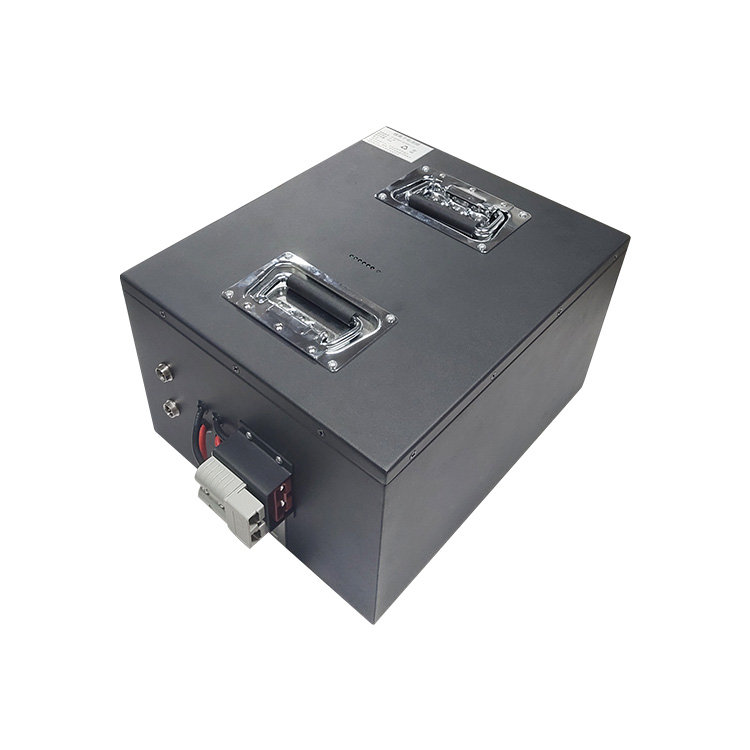


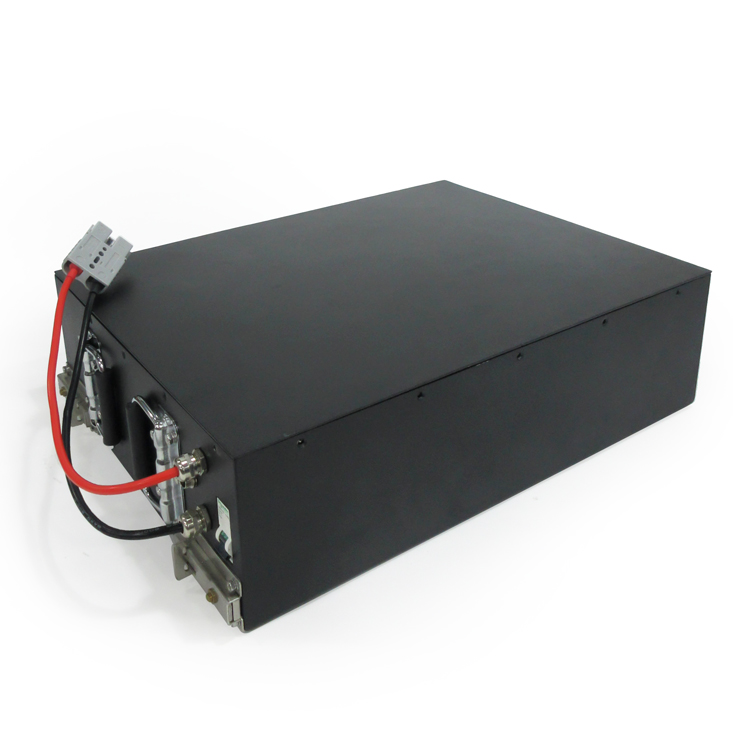

 Yue Gong Wang An Bei No. 4419002007491
Yue Gong Wang An Bei No. 4419002007491